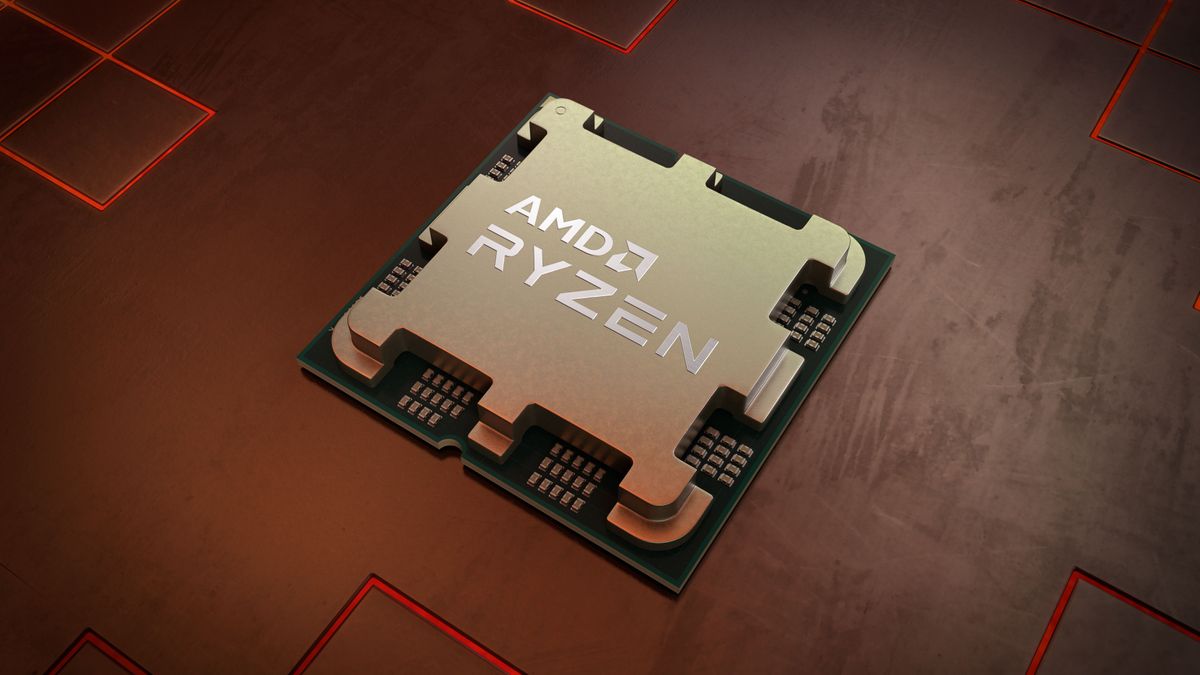Taiwan is investigating whether Semiconductor Manufacturing International Corp. (SMIC), China's largest contract chipmaker and the world's third largest foundry, broke local laws by secretly recruiting engineers to get experienced staff and gain insights of Taiwanese semiconductor know how, reports Bloomberg. The investigation is part of a broader crackdown on unauthorized activities by Chinese tech companies in Taiwan, notes Nikkei.
Taiwanese authorities raided 34 different locations in six cities between March 18 and March 28. Officials from the Ministry of Justice examined operations linked to 11 Chinese companies and interviewed over 90 people in connection with suspected breaches of local laws concerning talent poaching by Chinese companies. Most of the companies under investigation are involved in the semiconductor sector. Officials said this operation had been in the planning stages since December.
According to a statement published by Nikkei, around 11 companies, the majority from the semiconductor industry, violated Taiwan's cross-strait regulations. Illegally setting up office without the government's knowledge. Of the 90 interviewees, some were witnesses, while others may have broken the law.
The investigation revealed that SMIC used a company registered in Samoa to discreetly recruit engineers in Taiwan. Authorities also found that several other firms had formed unauthorized local entities to carry out hiring for work on advanced projects, including 'high-performance networking,' which is probably how business media describes silicon photonics, an area that is becoming increasingly important for next-generation AI and HPC datacenters. It is unclear whether these entities are linked to SMIC though./
SMIC has 7nm-class and preps to roll-out 6nm-class process technologies, the best production nodes available in China. It produces chips for Huawei's HiSilicon, which tends to develop competitive offerings for client devices as well as AI servers and general-purpose servers. SMIC and Huawei need technologies like silicon photonics for their next-generation offerings.
However, SMIC is not the only company that allegedly poaches engineers from Taiwanese companies. A company called Clounix was found to have poached a large number of specialists from major companies like Intel and Microsoft. It reportedly first disguised itself as a local company and later as a Singapore-based chip designer to avoid oversight. However, Clounix has financial backing from Ant Group, which is affiliated with Alibaba, which is emerging as a large cloud service provider with its own custom silicon division that develop CPUs and special-purpose ASICs for its broad needs, including general-purpose processing and AI workloads.
Interestingly, Chinese entities were not only interested in advanced semiconductor or processor technologies know how. A company that develops display driver ICs has allegedly set up two offices in Tainan and Hsinchu and conducted remote interviews from China to bring in Taiwanese talent. It is unclear whether they wanted Taiwanese engineers to develop DDICs in China.
SMIC has previously been caught misappropriating TSMC's manufacturing technologies. In the early 2000s it even paid for it after appropriate courts sided with TSMC's allegations. Nowadays the company develops its own fabrication processes, but is eager to poach engineers who has experience with the finest production technologies that are out there.
Huawei is a relatively new player in the semiconductor field. However, it is already known for poaching TSMC employees by offering them a trifold higher salary and other benefits. Chinese producers of semiconductor equipment are also interested to hire Taiwanese engineers who have experience with tools designed by its rivals to help develop its own equipment in China.

 8 months ago
123
8 months ago
123







 English (US) ·
English (US) ·